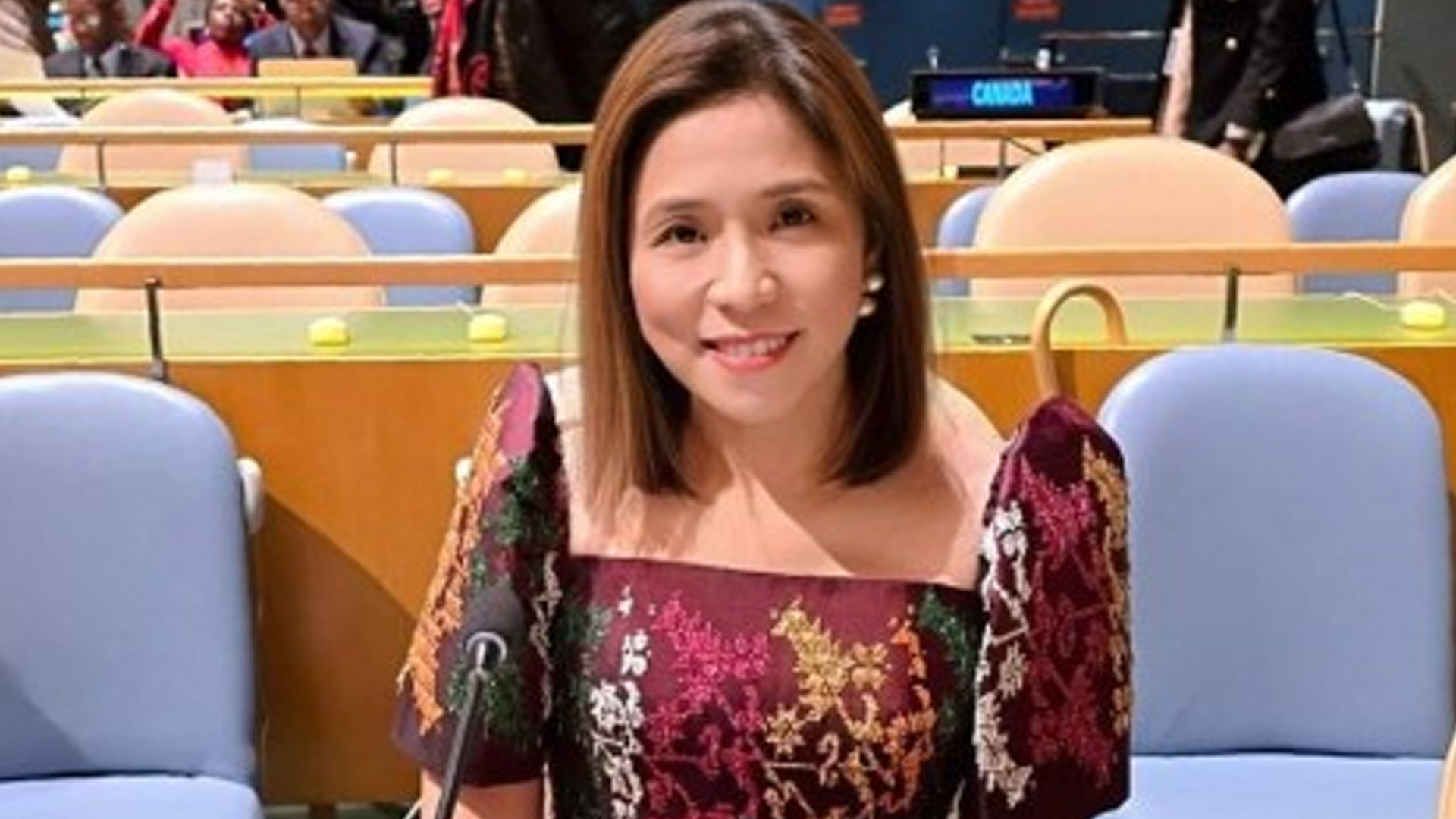Budget Secretary Amenah Pangandaman on Tuesday emphasized the need to invest in women to help them address their current pressing challenges.
During the welcome dinner for the heads of the delegation for the 68th annual Commission on the Status of Women (CSW68) in New York, Pangandaman called on the 90 member-states to take concrete actions to empower women by protecting and promoting their rights.
Pangandaman issued the statement, as she stressed that “multiple and converging” crises such as high cost of living, food insecurity, violent conflicts, rollback in human rights and democracy, the after-effects of the pandemic, and climate change “pose significant challenges for women all over the world”.
She also lamented that care work “remains undervalued and unequally distributed” and violence against women, sexual harassment, and systemic discrimination “continue to undermine women’s ability to fully participate in society”.
She said members of the CSW68 should work together to bring hope, change, and impact to women in every corner of the world.
“This year’s theme highlights how women’s poverty hinders the full realization of gender equality, and how stronger institutions and financing with a gendered perspective can address this,” Pangandaman said.
Financing gender equality
Pangandaman said the thematic focus of this year’s CSW is aligned with the Philippines’ implementation of gender mainstreaming and gender-responsive budgeting, in accordance with Republic Act 9710 or the Magna Carta of Women and national strategies such as the Gender Equality and Women’s Empowerment (GEWE) Plan for 2019-2025.
She also noted that in 1995, the Philippines introduced the “Women’s Budget” or the Gender and Development Budget in the General Appropriations Act, a policy directing all government agencies to allocate a minimum of five percent of their total annual budgets for gender programs, projects, and activities.
“Accordingly, we place (a) high priority on the full, equal, and meaningful participation of women, inclusivity, respect for human rights, and innovation,” she said.
Based on the data from 48 developing economies cited by the United Nations Entity for Gender Equality and the Empowerment of Women, also known as UN Women, an additional USD360 billion is needed per year to achieve gender equality and women’s empowerment across key global goals, including intent to end poverty and hunger.
UN Women has said over 100 million women and girls could be lifted out of poverty, if governments put a premium on education and family planning, fair and equal wages, and expanded social benefits.
Closing gender gaps in employment could also boost gross domestic product per capita by 20 percent across all regions, the UN Women has noted.
Role as leaders, decision-makers
Pangandaman also cited the need to strengthen women’s political participation and decision-making power.
She said the Philippine government “steadfastly champions the full and meaningful participation of women”.
She said there is a lasting peace and economic development in the Bangsamoro Autonomous Region in Muslim Mindanao because of women’s participation in peace and security efforts in the region.
She added that the Philippines’ Open Government Partnership’s Steering Membership Committee was also broadened to include a seat for a women’s sector representative to ensure the integration of the perspectives and voices of women in open government initiatives.
International forum
Emphasizing the Philippines’ commitment to the global Women, Peace, and Security Agenda, Pangandaman announced that the Philippines will be hosting an International Conference on Women, Peace, and Security in October this year in Manila.
She said the forum will serve as an international stocktaking on the implementation of the Women, Peace, and Security agenda and will highlight the power of inter-regional networks for sharing experiences, expertise, and best practices in addressing challenges to meaningful engagement of women in peacebuilding.
“I invite your countries to participate in this conference. With our stewardship of the peace in Mindanao, which offers lessons for inclusive peacemaking, and our role as a bridge-builder in various multilateral fora, the Philippines will sustain its commitment as a pathfinder, partner, and peacemaker in the global community,” Pangandaman said.
Pangandaman also ensured that the Philippines, once it can secure a non-permanent seat in the UN Security Council for 2027-2028, will serve “with a deep dedication to a peaceful, just, and equitable international order that is key to the flourishing of each of our nation’s aspirations for our peoples.” (PNA)






















